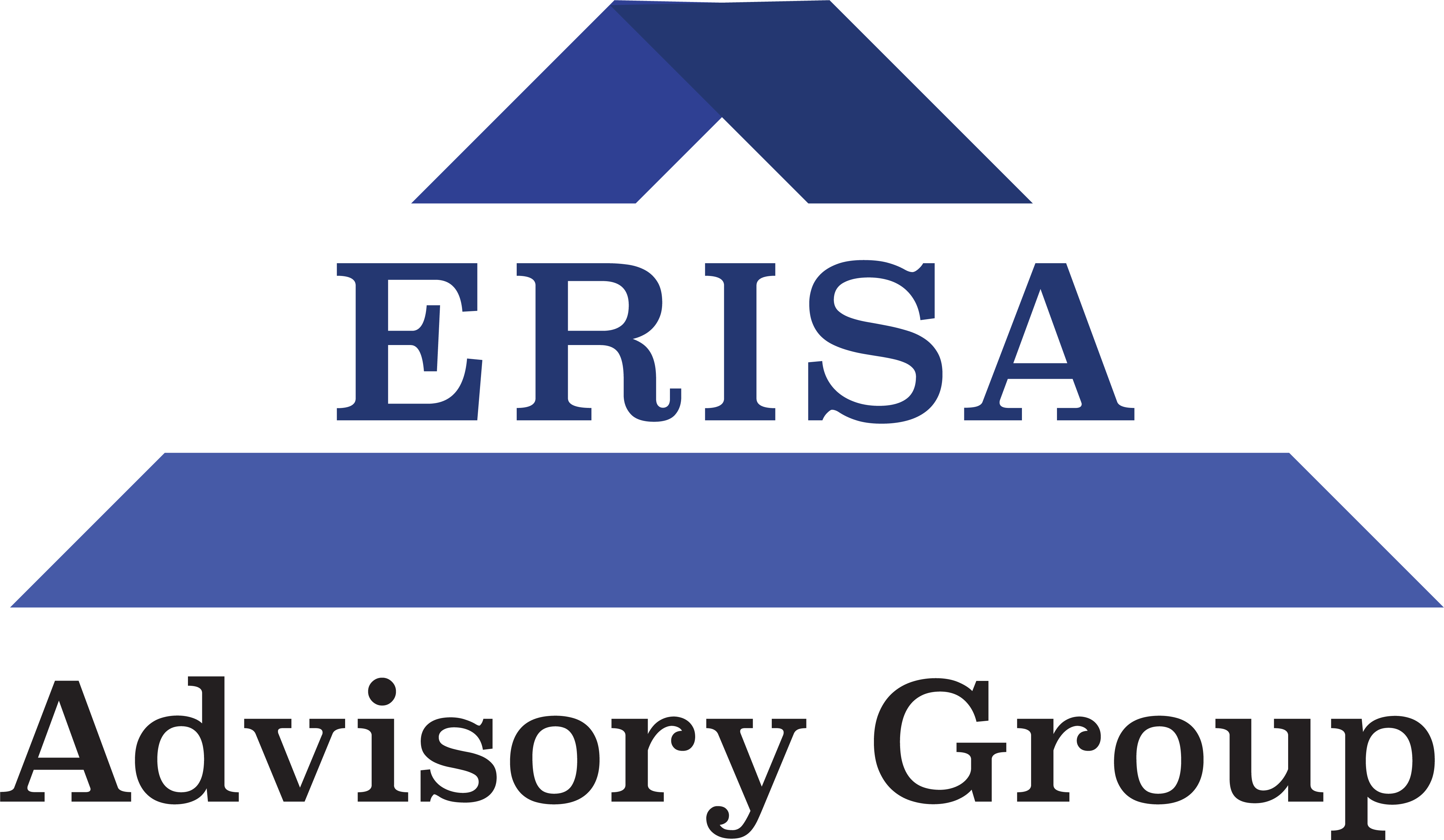When it comes to managing employee benefit plans, especially Health & Welfare Plans and Qualified Retirement Plans, companies need to ensure that they are compliant with federal regulations and are acting in the best interests of their employees. The Employee Retirement Income Security Act (ERISA) was enacted to safeguard the interests of plan participants and beneficiaries, ensuring they are not exploited or neglected by their employers. One of the best ways to achieve this protection is by appointing an ERISA Independent Fiduciary. But what exactly does that mean, and why is it crucial for your organization?
What is an ERISA Independent Fiduciary?
An ERISA Independent Fiduciary is a third-party ERISA expert appointed to manage the administration, investments, and compliance of a company’s employee benefit plans. The key characteristic of an ERISA Independent Fiduciary is independence from the organization sponsoring the plan. This independence is crucial because it ensures that decisions regarding the plan are made solely in the best interest of the plan participants and beneficiaries, rather than the interests of the employer or any individual within the company.
The ERISA Independent Fiduciary plays a vital role in protecting the interests of those covered by the plan, as ERISA itself was specifically passed to prioritize the security of plan participants over the employer’s interests. By acting independently, this fiduciary ensures that there are no conflicts of interest in how the plan is managed and that the administration is transparent and accountable.
Why Do You Need an ERISA Independent Fiduciary?
1. Protection from Liability
One of the most significant reasons to hire an ERISA Independent Fiduciary is to protect your organization and its leadership from potential legal and financial liability. Many companies mistakenly appoint themselves or unqualified employees to serve as the Named Fiduciary of their benefit plans. This is often done out of convenience or a lack of understanding about the responsibilities and liabilities that come with the role.
However, being a fiduciary under ERISA is a serious responsibility. Plan fiduciaries are held to a high standard and must act prudently in the best interests of the plan participants. If compliance errors occur, the fiduciary can be held personally liable for civil or criminal penalties. This is a risk no company wants to take, especially when it can be avoided by bringing in an experienced, independent third party.
An ERISA Independent Fiduciary is an expert in the complex regulations that govern employee benefit plans. Their expertise helps avoid common compliance mistakes that could lead to costly fines or lawsuits from regulatory bodies like the Department of Labor (DOL) or the Internal Revenue Service (IRS).
2. Avoiding Conflicts of Interest
Having an Independent Fiduciary ensures that decisions made regarding the plan are entirely objective. In-house employees or management may unknowingly make decisions based on the interests of the company or themselves, rather than the employees’ best interests. An Independent Fiduciary, on the other hand, is free from these conflicts and can focus on the security and well-being of plan participants.
3. ERISA Compliance and Best Practices
Navigating ERISA regulations is no small feat. There are numerous compliance requirements that change frequently, and failing to stay on top of them can lead to significant legal and financial consequences. An Independent Fiduciary not only helps with administration but also ensures that the plan follows the latest legal and regulatory updates. This includes everything from ensuring that benefits are properly calculated to reviewing plan fees and making sure that the Plan is being operated in accordance with ERISA’s guidelines.
Who Needs an ERISA Independent Fiduciary?
Any organization that offers Health & Welfare Plans or Qualified Retirement Plans to its employees should strongly consider appointing an ERISA Independent Fiduciary. This is particularly important for organizations without the internal expertise to manage these complex plans or those who want to avoid the risks associated with non-compliance.
In particular, small to mid-sized businesses—who may lack the resources to hire a dedicated team of compliance experts—can benefit from the knowledge and experience of an ERISA Independent Fiduciary. Additionally, companies with large employee benefit plans may find it difficult to monitor and manage compliance internally, making an independent fiduciary the ideal solution.
How Can an ERISA Independent Fiduciary Benefit Your Company?
By appointing an ERISA Independent Fiduciary, you are not just safeguarding your plan participants; you are also protecting your organization’s long-term health. The risks of non-compliance are severe, ranging from significant financial penalties to damage to your company’s reputation. With a skilled fiduciary managing the plan, you can rest assured that your plan is being handled appropriately, following best practices, and always keeping the participants’ interests as the top priority.
Moreover, you will have peace of mind knowing that your company is adhering to ERISA requirements, minimizing legal risks, and maximizing the effectiveness of the benefits your employees depend on.
Conclusion
Appointing an ERISA Independent Fiduciary is more than just a smart business decision—it is a necessary step toward ensuring that your company’s employee benefit plans are managed in accordance with federal regulations and in the best interests of your employees. Whether you are a small business or a large enterprise, having a qualified, independent expert overseeing your plans helps you avoid costly mistakes, mitigate risk, and ultimately protect the financial interests of your employees. If you’re considering working with an ERISA Independent Fiduciary, take the time to consult with a trusted partner like the ERISA Advisory Group, and make sure your organization is on the path to compliance and long-term success.

